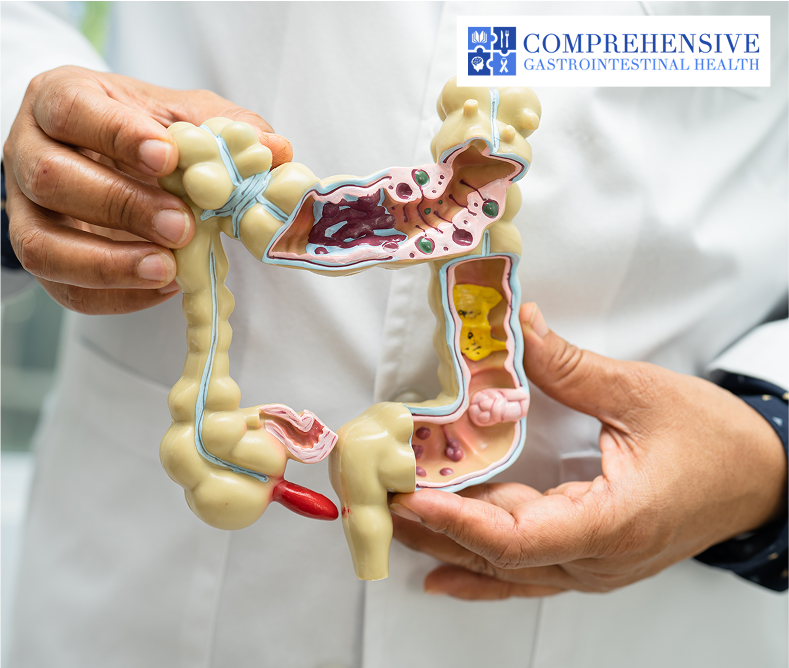If you’re reading this, chances are you or someone you care about is considering a colonoscopy. Maybe your doctor mentioned it’s time for screening, or perhaps you’re experiencing symptoms that warrant investigation. Whether you’re exploring options for a colonoscopy in Livertyville, IL, or simply gathering information, we want you to know that you’re taking an important step toward protecting your health—and you’re not alone in this journey.
At Comprehensive Gastrointestinal Health, we’ve been serving the Libertyville community and surrounding areas with compassionate, expert care. We understand that the thought of a colonoscopy can feel overwhelming, which is why we’re here to walk you through everything you need to know about this vital procedure.



